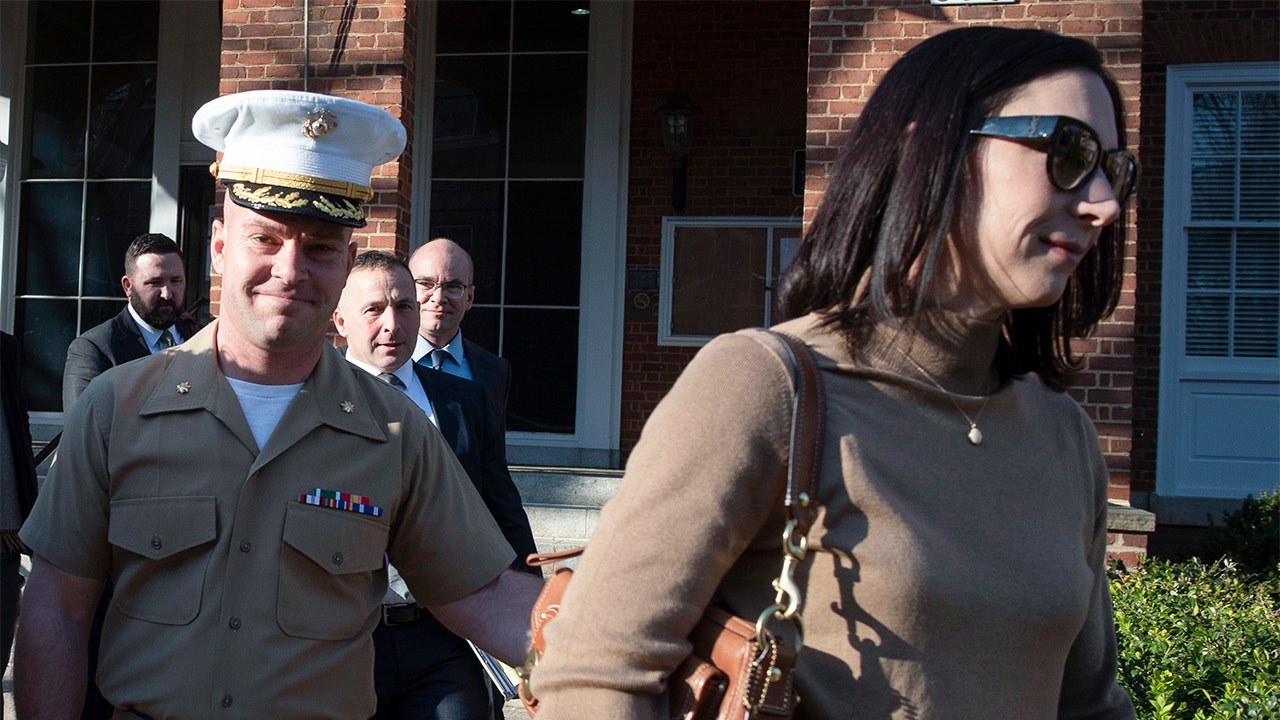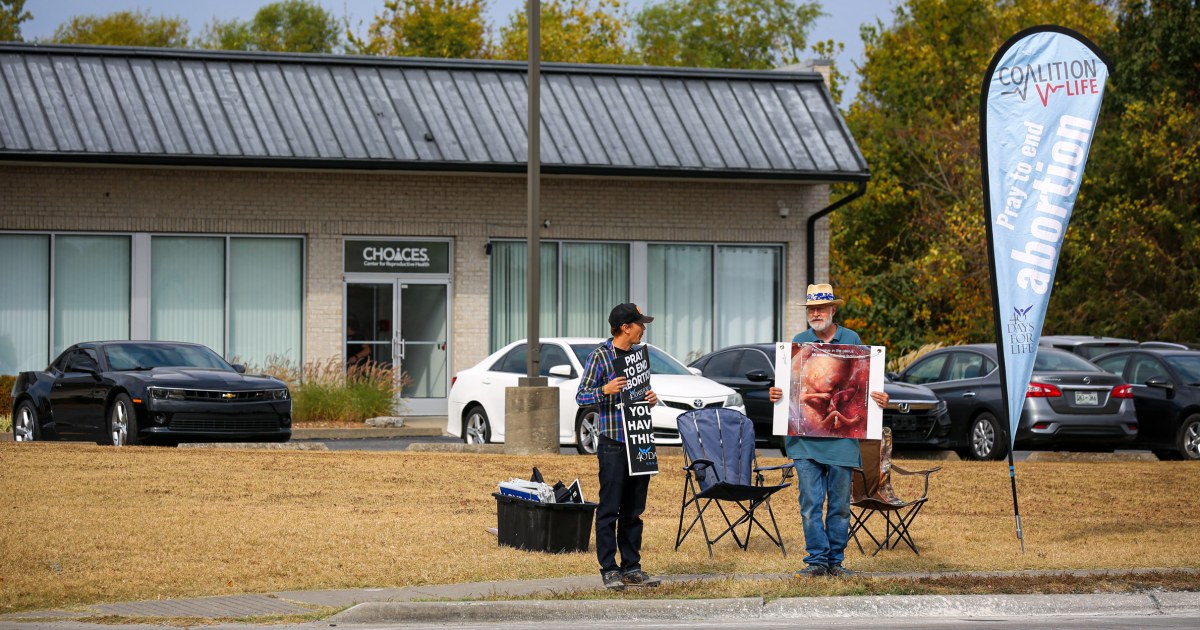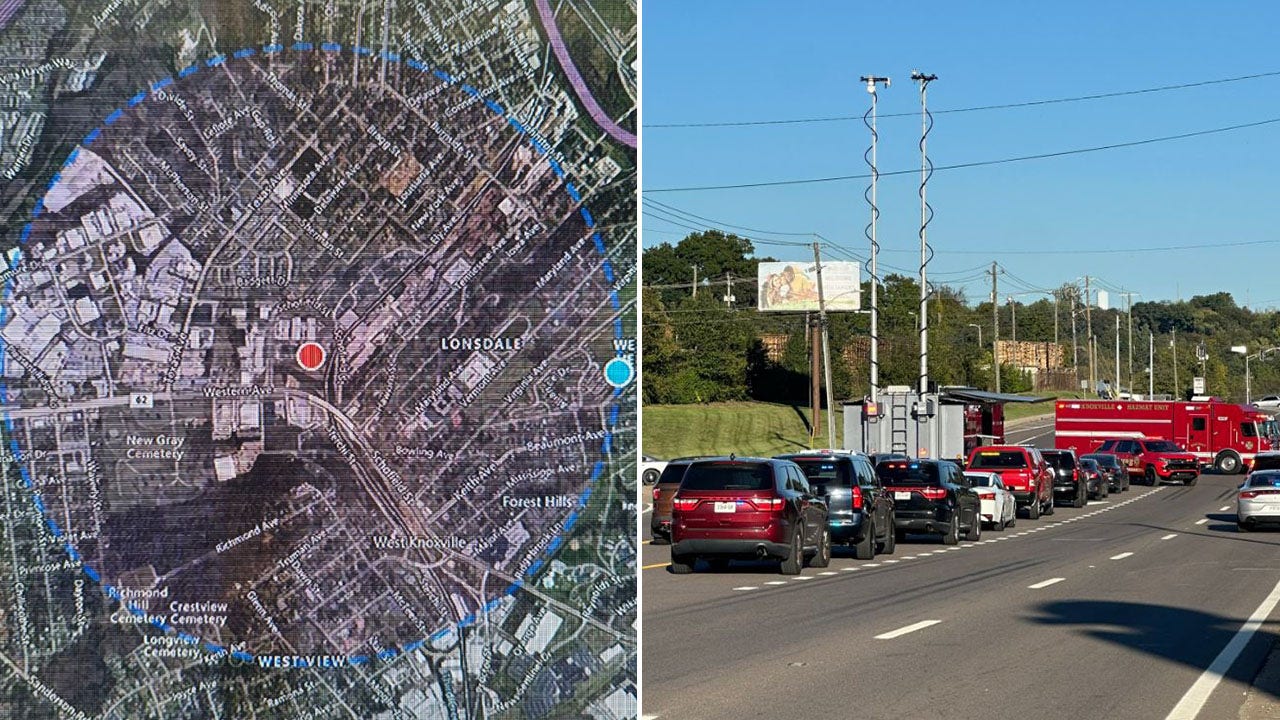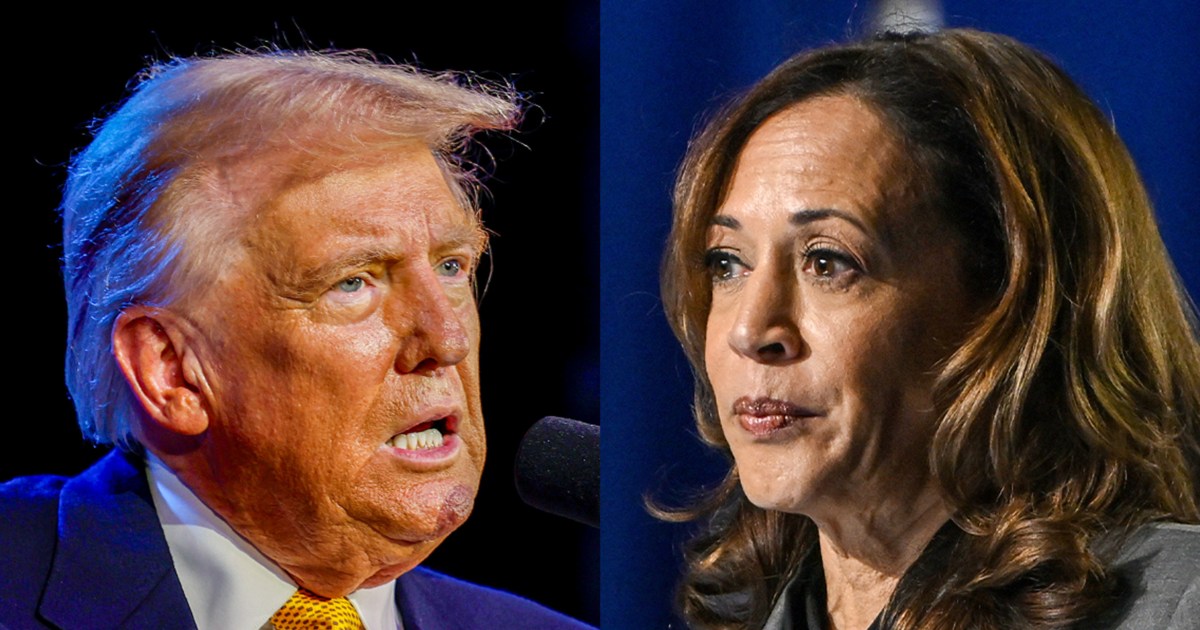The dramatic rise in early voting has led many to think the election might be effectively over days or weeks before Election Day. The data thus far show that won’t be true — and the numbers aren’t comforting for Democrats.
Early voting is nowhere near what some people estimated: 4.2 million Americans have already cast their ballots, per John Couvillon, a Republican political strategist who provides daily updates on early and mail voting.
That sounds like a lot, but it’s a pittance compared with the 158.6 million votes ultimately cast in 2020.
More important, it’s significantly less than this point in 2020: Early voting is down 45%, Couvillon’s numbers show.
The number of early votes will rise substantially in the next two weeks as some states send out their mail ballots and others open in-person early-voting centers. But the share of votes cast early is still likely to be much lower even after this happens.
Virginia, for example, has had in-person early voting since late September. People are coming out, as 459,000 have voted in person as of Oct. 10.
That is down roughly 4%, however, from the same point in 2020.
The bigger news is the significant decline in requests for mail ballots. Those are down by 58% from 2020 in states that don’t send mail ballots to all voters.
The drop is especially steep in the swing states of Georgia and North Carolina, with declines of 84% and 75% respectively.
Some of that is surely due to the devastation Hurricane Helene caused, but the largest population centers of both states were mainly unaffected.
Voters here simply do not want to vote by mail when they have in-person early voting widely available.
The drop is smaller but still noticeable in the three Midwestern blue-wall states. Mail-ballot requests are down 59% in Wisconsin, 36% in Pennsylvania and 24% in Michigan.
This is troubling news for Democrats as their voters have in recent years dominated among mail ballots.
Joe Biden carried Pennsylvania because he built up a 1.4-million-vote advantage with absentee voters, just enough to let him survive Donald Trump’s 1.33-million-vote lead with Election Day balloters.
The fact there will likely be as many as 1 million fewer mail ballots in Pennsylvania this year means Democrats will have to run a superior ground game simply to hold level with their 2020 showing.
There’s also an ominous sign from Virginia that Republicans have learned how to play the early-voting game. While early balloting is down overall from 2020, many more votes have been cast in the most Republican congressional districts than in the safe Democratic seats.
A comparison of deeply Democratic, college-educated Northern Virginia with deeply Republican, non-college white areas of rural Virginia paints an even starker picture.
The inner DC suburbs of Arlington and Alexandria each gave Biden more than 80% of the vote, yet the number of early votes cast in each is less than half that counted at the same point four years ago.
That’s not the case in Trump’s best counties. He carried 10 rural counties in the far western part of the state with 80% or more in 2020. They are also 90% or more white and with no more than 24% possessing a four-year college degree.
This area is so MAGA, Trump won between 85% and 96% of the vote in this year’s GOP primary against Nikki Haley. They are exactly the sort of people said to be open to election=fraud conspiracies and highly suspicious of early voting.
Yet early voting here is up from 2020.
It’s impossible to know what these statistics mean. It’s also impossible to spin them into good news for Harris.
It is possible to say what this means to both candidates: There’s still plenty of time to influence the race with campaign stops, messages and tactics.
More than 96% of likely voters have not yet cast their vote. By the end of next week, that share is not likely to have dropped below 85%.
The race may not come down to Election Day, but tens of millions of people are clearly waiting until the campaign’s final days to vote.
Which campaign grasps that simple fact most thoroughly likely has a tiny but real edge.
Henry Olsen, a political analyst and commentator, is a senior fellow at the Ethics and Public Policy Center.
Read the full article here




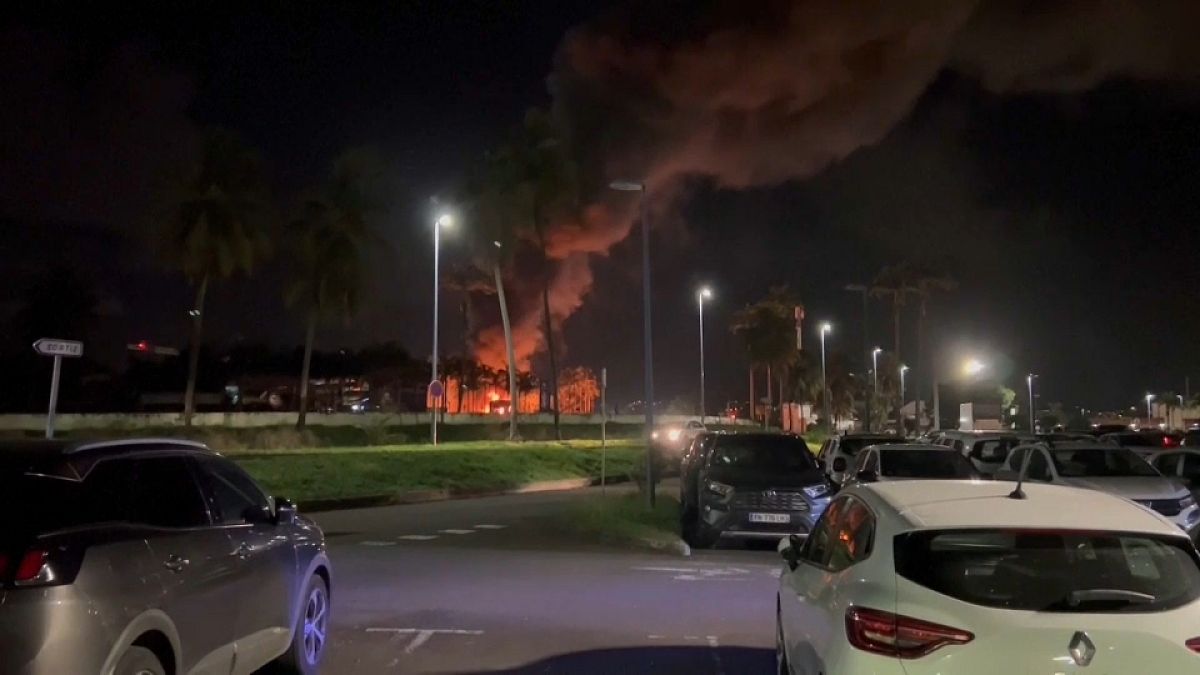
:focal(1276x643:1278x641)/origin-imgresizer.eurosport.com/2024/10/11/4050583-82149308-2560-1440.jpg)


